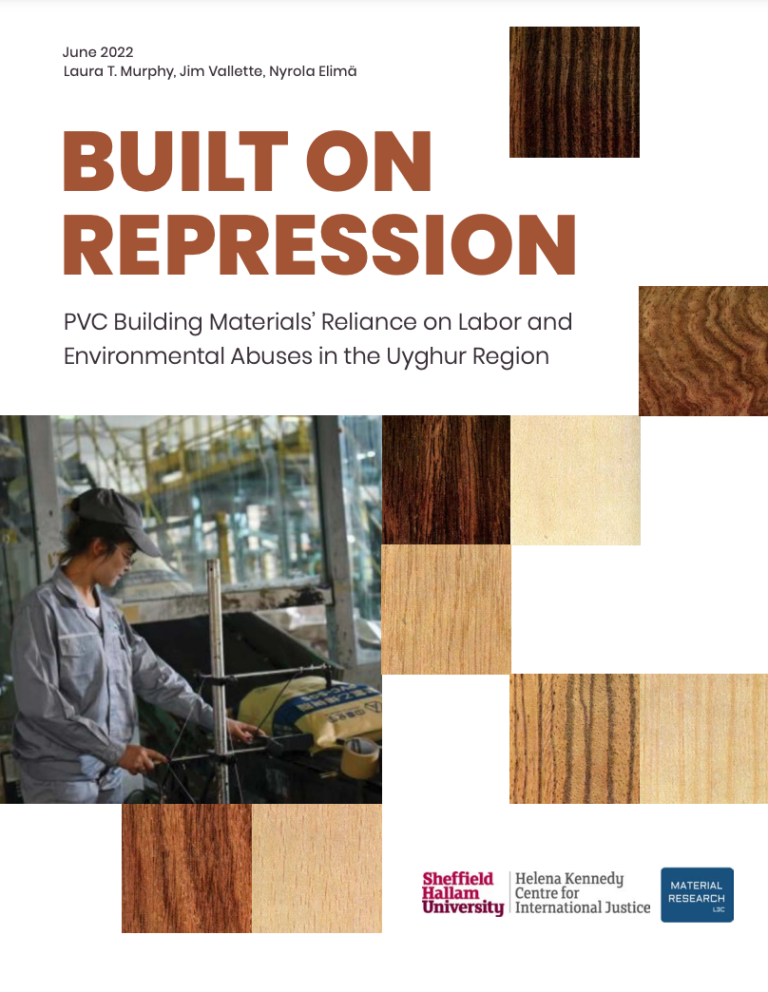Over the course of the last five years, the People’s Republic of China (PRC) government has embarked on a campaign of repression that nine governments have determined to be either “genocide” or “crimes against humanity.” The PRC has further instituted a massive state-sponsored system of forced labor throughout the Xinjiang Uyghur Autonomous Region (the XUAR or Uyghur Region). Because refusal to participate in government assistance can be considered a sign of religious extremism and punishable with internment or prison, Uyghur and other minoritized workers from the region are unable to refuse or voluntarily exit jobs assigned to them by the government. For this reason, experts have agreed that the PRC government’s programs of labor transfers and surplus labor employment transfers meet the standards of the definitions of forced labor instituted in international law and protocols. The United States legislature has found the evidence of forced labor so convincing and overwhelming that it has taken the unusual step of prohibiting the import of any product made in whole or in part in the Uyghur Region beginning in June 2022.

